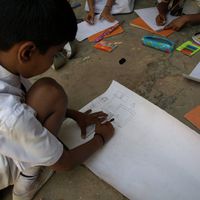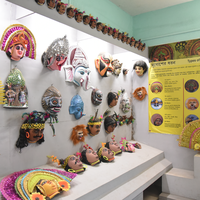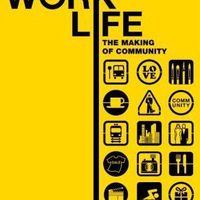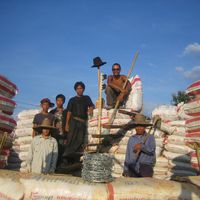Between art and environment: a Malaysian case study
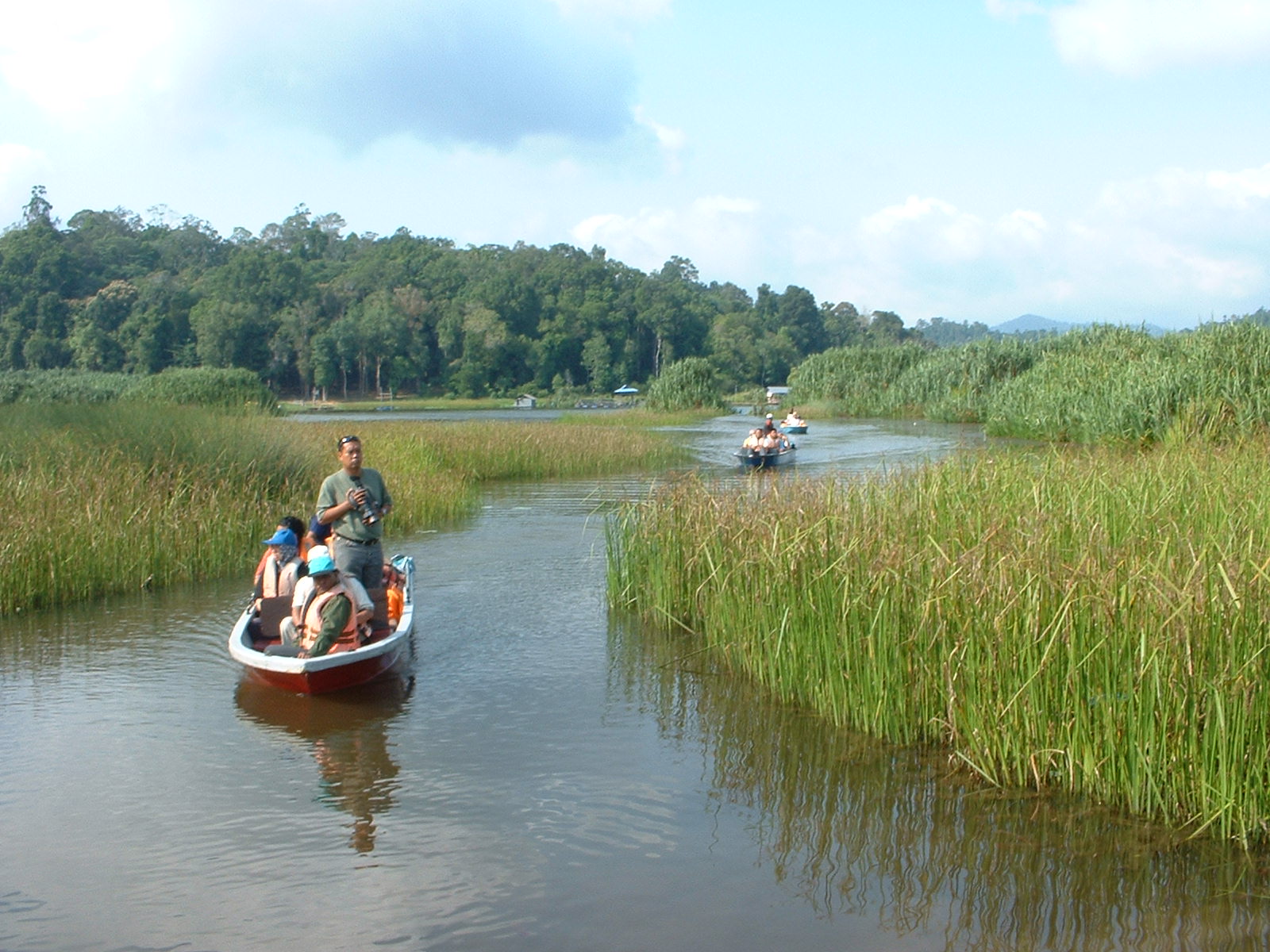 This case study is part of an Asia-Europe Foundation commissioned research project entitled “Linking the Arts to Environment and Sustainable Development Issues”. The concept behind this research was based on the observation that carefully documented case studies can not only provide inspiration for networking and collaboration between Asia and Europe but also aid policy making and planning. The selected researchers investigated initiatives of the culture sector as well as civil society organisations working on environmental issues. The complete list of 20 case studies from a selection of countries in Asia will be available to download online from the beginning of 2012.
This case study is part of an Asia-Europe Foundation commissioned research project entitled “Linking the Arts to Environment and Sustainable Development Issues”. The concept behind this research was based on the observation that carefully documented case studies can not only provide inspiration for networking and collaboration between Asia and Europe but also aid policy making and planning. The selected researchers investigated initiatives of the culture sector as well as civil society organisations working on environmental issues. The complete list of 20 case studies from a selection of countries in Asia will be available to download online from the beginning of 2012.Bridging Gaps through Native Wisdom
In Tasik Chini, an NGO is building capacity to empower local communities to document their traditional knowledge and actively participate in the management and restoration planning process of their immediate environment
[caption id="attachment_18983" align="alignnone" width="576" caption="Participants in the Bridging Scales and Knowledge Systems project, image courtesy of Sustainable Development Network Malaysia (SUSDEN)."]
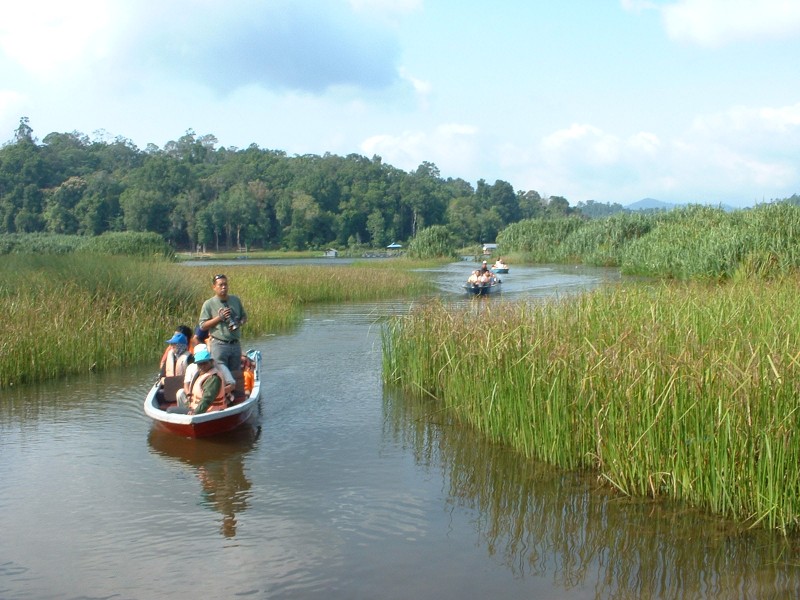 [/caption]
[/caption]While traditional and non-formal systems of knowledge still struggle to find legitimacy within western, science based discourse on conservation and restoration in most parts of Asia, Bridging Scales and Knowledge Systems is setting out to explore the potential and the role of alternative and indigenous knowledge systems in the task of habitat restoration and community ownership.
The Bridging Scales and Knowledge Systems project was initiated by Sustainable Development Network Malaysia (SUSDEN) in October 2010. The project was initiated with the objective of documenting and publishing local knowledge about the importance of Tasik Chini’s fast degrading ecosystem. It was also deemed important to empower the local community to actively participate in the management and the planning of Tasik Chini’s restoration.
[caption id="attachment_18984" align="alignnone" width="576" caption="Participants in the Bridging Scales and Knowledge Systems project, image courtesy of Sustainable Development Network Malaysia (SUSDEN)."]
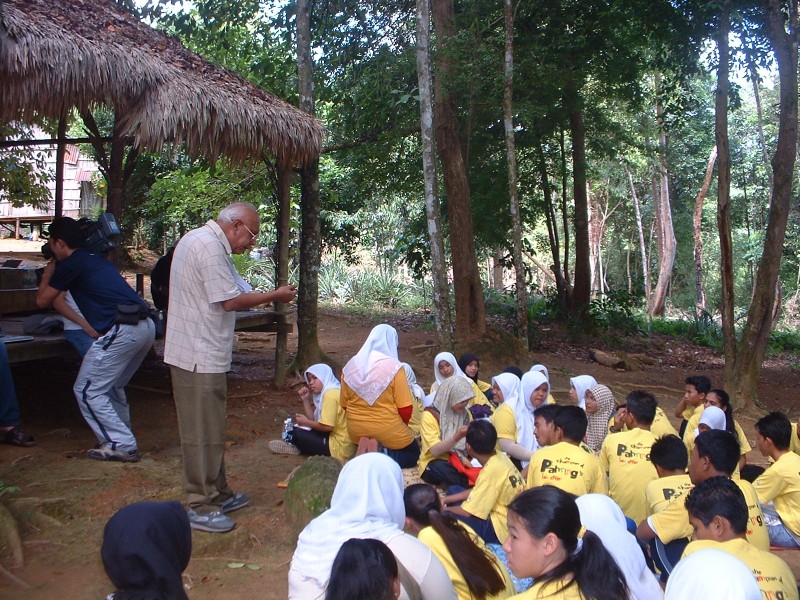 [/caption]
[/caption]The project proposes to organize the local community into village research groups and provide them the technical tools that will allow them to systematically document their knowledge about specific ecosystem processes that they believe are important. It will also document the use of visual and performing arts as means of storytelling about local cultural practices and the traditional importance of the ecosystem. The project hopes to enable the community to engage in the restoration and planning of the Tasik Chini ecosystem by training them in concepts of Integrated Water Resource Management, updating them about the progress in the restoration process and supporting them in preparation for participation in relevant forums and working group meetings including the restoration planning process itself.
Since the late 1990’s, the steady degradation of the Tasik Chini ecosystem has had a harmful effect on the lives of the local communities that depended on it for sustenance through traditional forest based activities including fishing, hunting, and herbs gathering. Tasik Chini was designated a UNESCO Biosphere Reserve in 2009. While government bodies and researchers conducted studies with the intent of proposing recommendations and a way forward for the restoration of the area along with a development plan, the local community remained largely peripheral to the process. Located in this context, this project becomes essential for its attempts to work on community capacity building in a way that allows the indigenous community to gain visibility as stakeholders and gives them leverage to participate in the decision making and management of the restoration process. The final output of the project, in the form of a publication, is expected to address policy makers, and feed into public education.
[caption id="attachment_18985" align="alignnone" width="576" caption="Around Tasik Chini, the Bridging Scales and Knowledge Systems project, image courtesy of Sustainable Development Network Malaysia (SUSDEN)."]
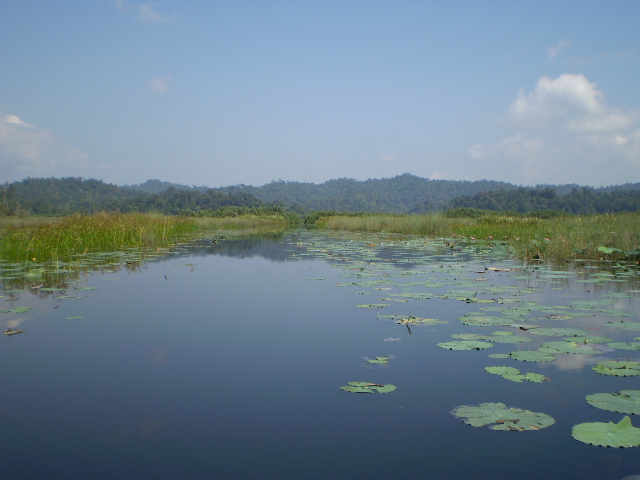 [/caption]
[/caption]While the project aims to enable a community based restoration approach it is important to be cognizant of the tokenism that recognizes traditional, indigenous, or local knowledge claims as an important resource in policy papers but fails to incorporate them into practice. However, the challenge that the Bridging Scales and Knowledge Systems project faces also makes it an important project. What remains to be seen is whether the specificity of scientific restoration can engage with the uncertain and complex patterns of local ecological, cultural and social processes and whether the local community can find a voice in determining processes and plans that could drastically impact their daily lives.
This research was part of the Connect2Culture Art and Environment Programme and was commissioned in conjunction with the dossier: Arts. Environment. Sustainability. How can Culture Make a Difference? culture360.org will be publishing further extracts from the research online, so keep an eye out on the website.
Researchers: Ekta Mittal and Monica James
Monica James is a media practitioner and researcher. She is currently a member of Maraa Media Collective , a media & arts collective based in Bangalore. Her preoccupation with the intersections between the discourses of culture and development prompted her interest in this project.
Ekta Mittal is a co-founder of Maraa Media Collective. She is also one of the founding members of Masrah, an eight year old theatre group. Mittal is passionate about travel, and has also worked as Research Manager for The Blue Yonder, a responsible tourism company where she identified communities to work with in Karnataka and Rajasthan.

